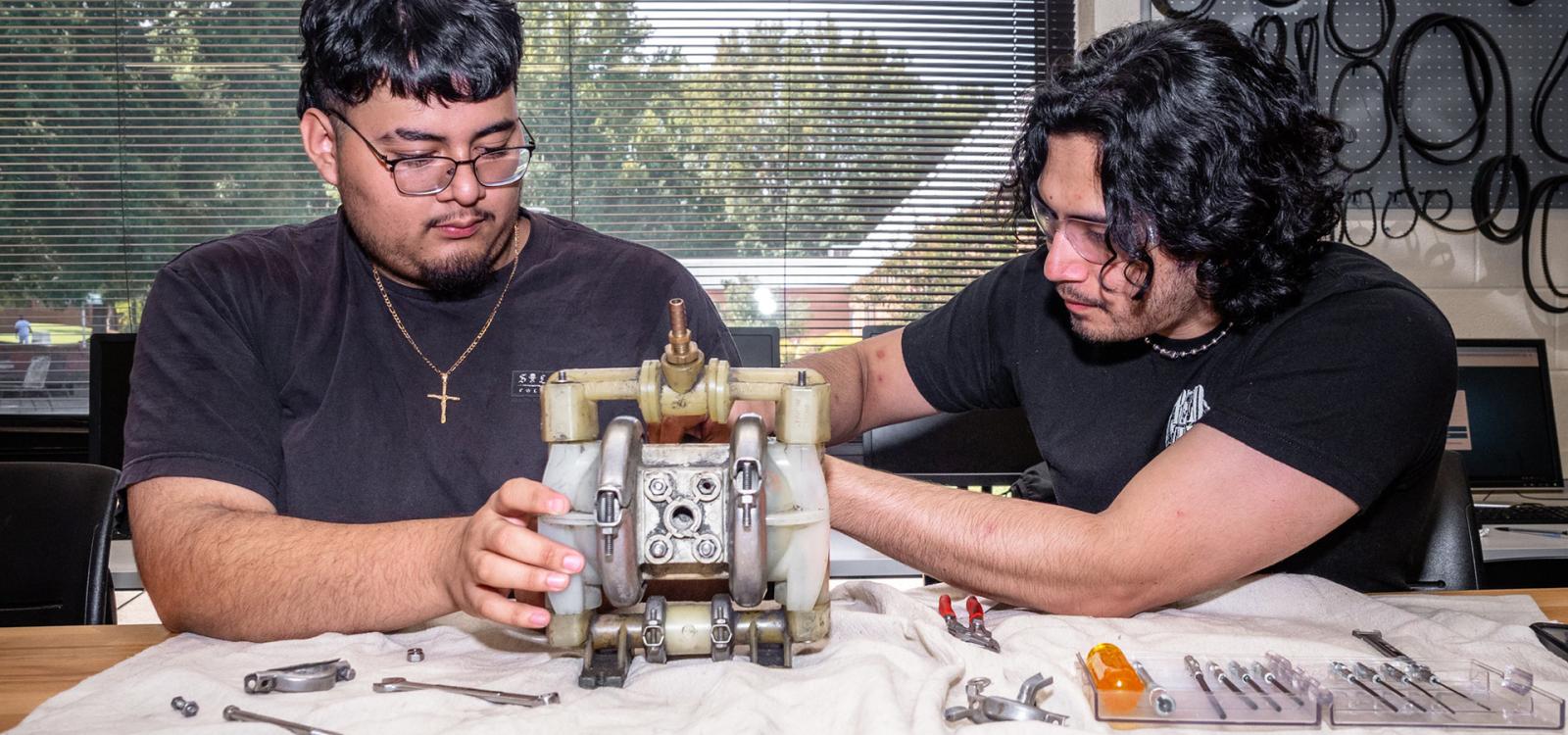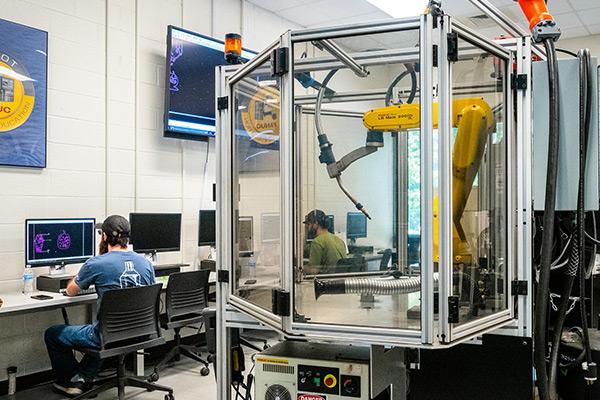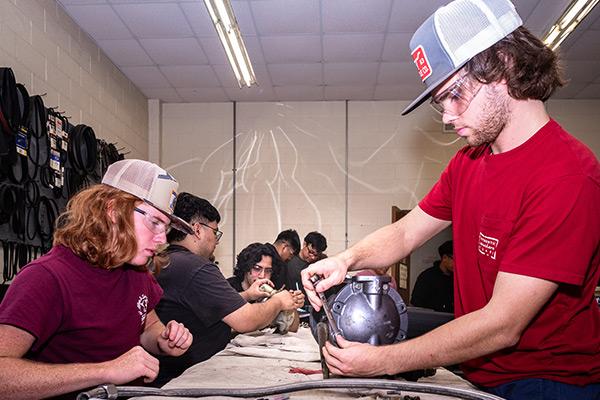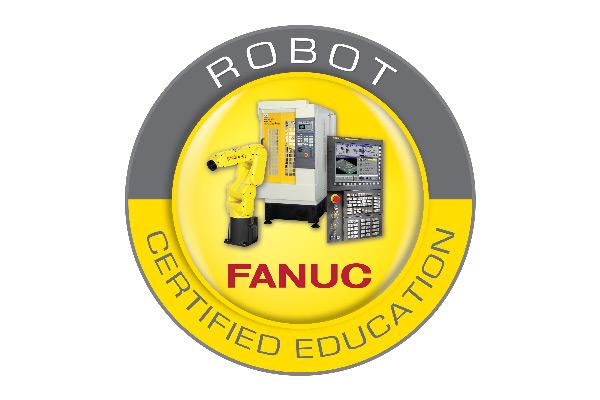

Industrial Systems Technology

Applied Technologies
Power up your career in industrial systems technology—engineer success.
What You’ll Learn
The Industrial Systems Technology degree provides students with a well-rounded education in both technical skills and practical training needed to excel as technicians in diverse industrial environments.
The Industrial Systems Technology diploma provides students with foundational skills and training to begin their careers as technicians or operators in industrial settings.
The Electrical Controls certificate provides students with strong knowledge of industrial electricity and electrical systems. Students will learn AC/DC electricity, input devices, control relays, motor starters, control systems, and safety.
The Industrial Hydraulics certificate provides students with strong knowledge of hydraulics and pneumatics. Students will learn about components, symbols, system development, and virtual simulation.
The PLC certificate provides students with strong knowledge of PLCs and PLC applications. In addition, students will become proficient in the use of PLC software, hardware, maintenance and troubleshooting, and programming.
The Mechanical Maintenance certificate provides students with strong knowledge of fundamental mechanical maintenance concepts. Students will learn about safety, electricity, symbols and blueprints, manual machining equipment, oxyacetylene welding and brazing, tools, hardware, drive systems and components, measuring and conversions, and maintenance practices and strategies.
Why Study Industrial Systems Technology at CCCC?
Multi-Craft Program
This program provides training in multiple career pathways. Students develop well-rounded skill sets in areas such as: electricity, PLC’s, hydraulics, pneumatics, motors, control systems, blueprints, safety, troubleshooting, HVAC, welding, and machining.
Rapid Job Growth and Excellent Pay
According to the Bureau of Labor Statistics, Industrial Systems related jobs are expected to increase by 13% over the next 10 years nationally. This rate far outpaces the average for all occupations, which translates into abundant opportunities for graduates. Median pay is $28.59 per hour ($59,470 per year).
Hands-On Learning
All Industrial Systems courses include hands-on labs that provide real world scenarios and practical experience.

More Helpful Links for This Program


Careers
Upon completion of this degree, graduates should be able to safely troubleshoot, diagnose, repair, and maintain a wide range of industrial equipment and facilities.
- Automation Technician
- Robotics Technician
- Industrial Technician
- Manufacturing Technician
- Maintenance Technician
- PLC Programmer
- Facilities Technician
- Controls Technician
- Field Service Technician
- Industrial Electrician
Program Contact

FANUC Certified Education Program
We are proud to be an FANUC partner school! Students at FANUC partner schools are prepared to enter the workforce with the skills and knowledge aligned to today’s industry technology.

We’re Here to Help
Want to talk to an advisor about requirements and classes, or get more details on jobs in this industry?
Transfer Programs
Credits from select courses within the program may transfer to four-year colleges and universities on a case-by-case basis.